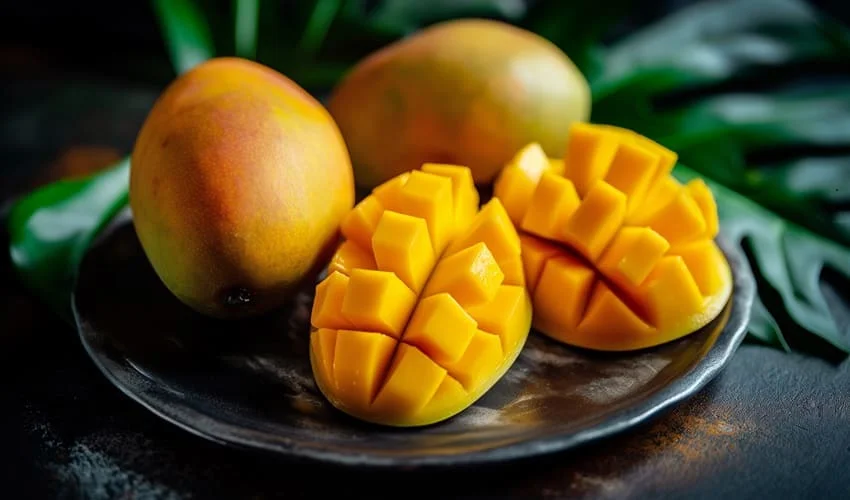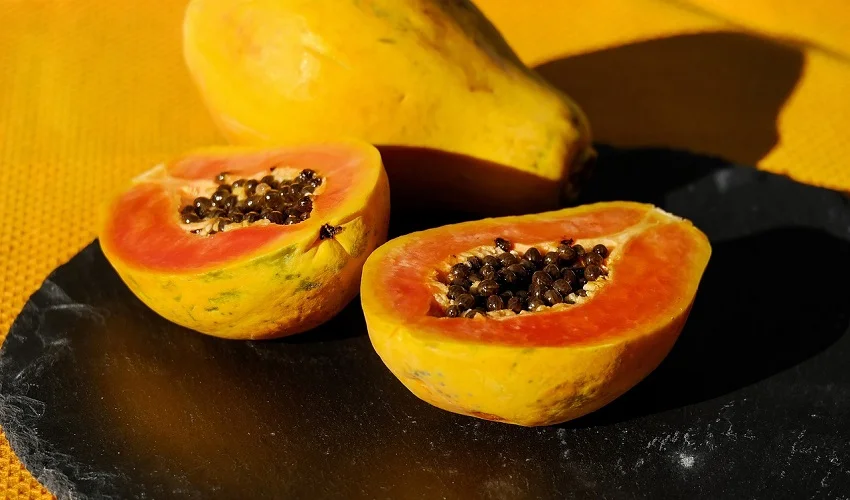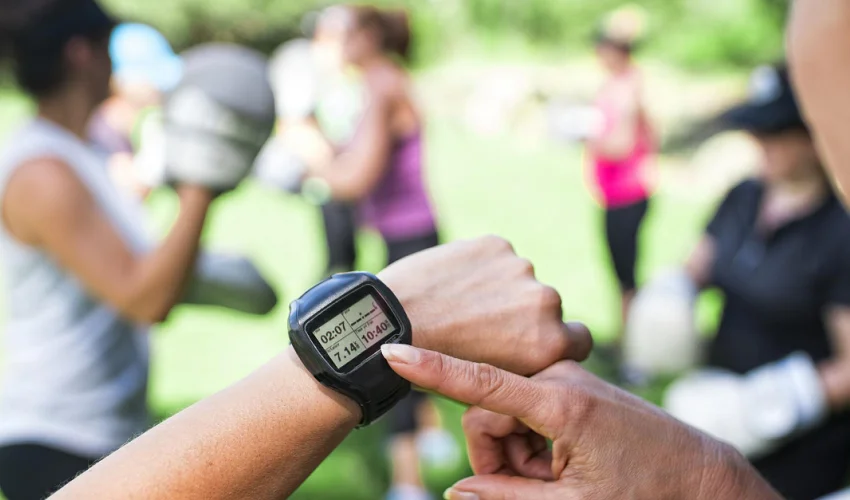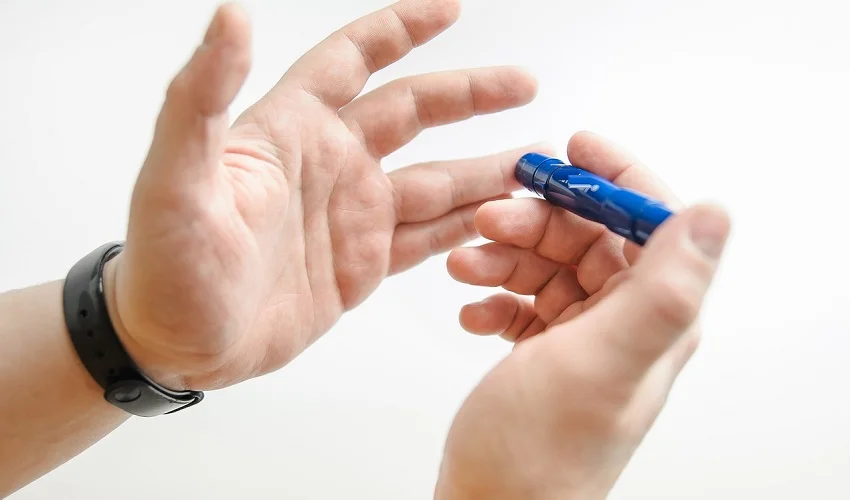Abstract
Mangoes are a widely consumed tropical fruit, cherished for their rich flavor and nutritional benefits. However, they are often avoided by prediabetic and diabetic individuals due to their natural sugar content. This observational study is aimed to evaluate the real-time glucose response of a prediabetic patient after consuming two medium-sized mangoes (roughly 200 gram mango pulp), using a Care4sugar Continuous Glucose Monitor (CGM) technology. The analysis of the glucose patterns and variations in this study provides valuable insights into the body’s glycemic response to mango consumption and highlights practical considerations for dietary management in prediabetes.
Introduction
Prediabetes is a metabolic condition characterized by elevated blood sugar levels that fall below the threshold for diabetes diagnosis. Effective management involves dietary adjustments, yet the role of specific foods, such as mangoes, in glycemic control remains a topic of debate. Mangoes contain natural sugars and beneficial nutrients like vitamins A, C, and E, as well as fiber, which can influence glucose metabolism. This study seeks to bridge the gap between popular belief and evidence by monitoring the immediate impact of mango consumption on glucose levels in prediabetic individuals.
Methodology
Subject: Prediabetic individuals were selected for this study, with no other underlying health conditions. The participants adhered to a consistent lifestyle and dietary pattern during the study period.
Food Intake: The participants consumed two medium-sized mangoes at 18:22 hours.
Monitoring: A CGM device was used to record blood glucose levels at regular intervals, starting from 34 minutes before mango consumption and continuing for approximately 90 minutes post-consumption.
Data Collection: Glucose readings were logged using a Care4Sugar continuous glucose monitoring technology.
Results: Before mango consumption, the participant’s glucose levels ranged between 81 mg/dL and 91 mg/dL. Following mango ingestion at 18:22, glucose levels exhibited a progressive rise.
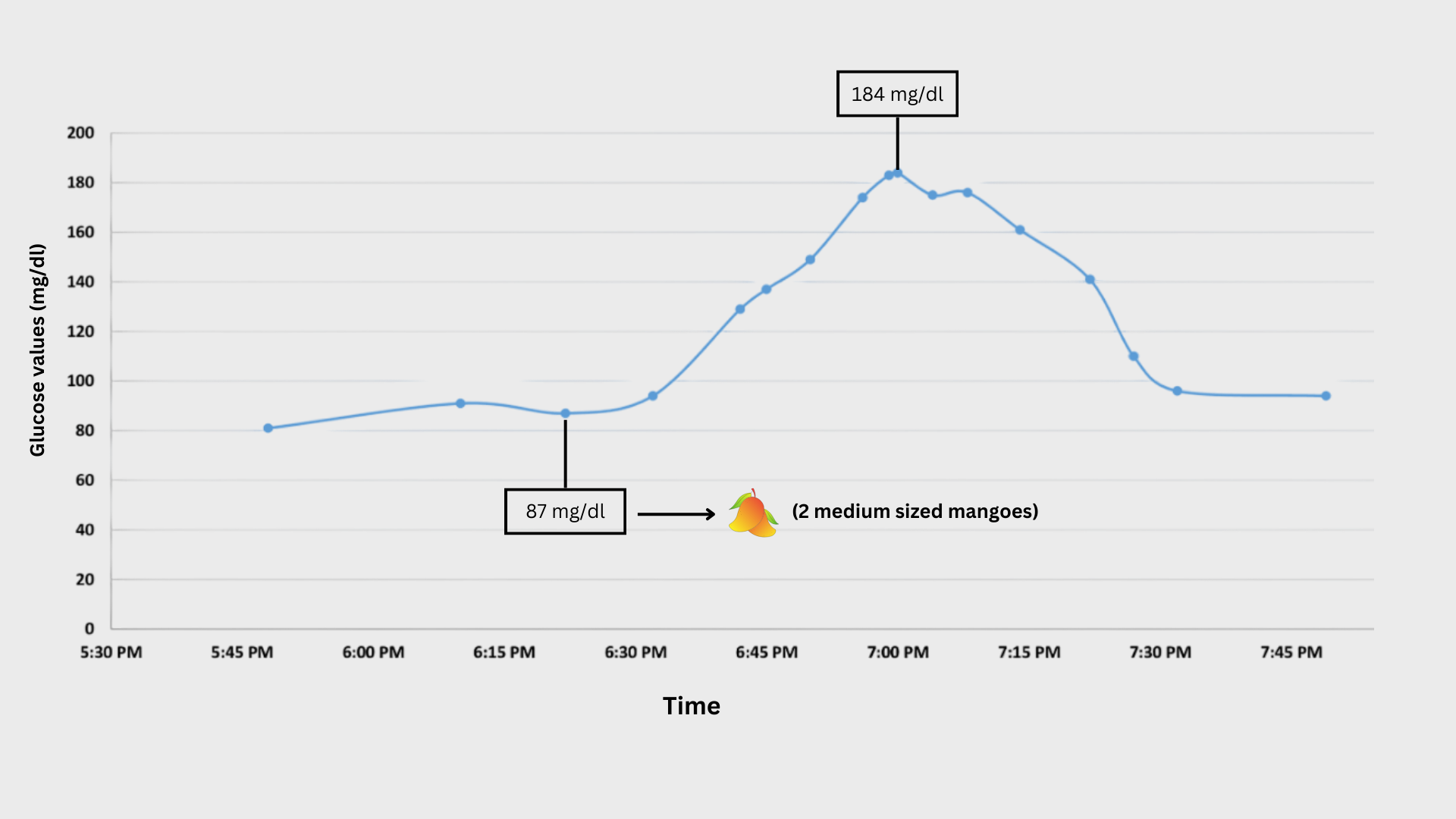
- Within 10 minutes, glucose increased to 94 mg/dL.
- A sharp spike was observed between 18:42 hours and 19:00 hours, peaking at 184 mg/dL.
- The glucose levels gradually declined thereafter, returning to near pre-consumption levels (94 mg/dL) by 19:49 hours.
The glycemic response showed a rapid onset, peaking approximately 38 minutes post-consumption. The overall fluctuation indicates a transient glucose spike with a quick recovery.
Discussion: The observed glycemic response to mango consumption highlights several key points:
- Acute Glycemic Impact: The sharp rise in glucose levels within 30 minutes aligns with the carbohydrate content of mangoes, primarily from fructose and glucose. The high glycemic peak suggests that portion control is essential for prediabetic individuals.
- Rapid Recovery: Glucose levels returned to baseline within 90 minutes, suggesting an effective endogenous insulin response. This indicates that occasional mango consumption, when paired with balanced meals and physical activity, may not pose a significant risk for prediabetics.
- Nutritional Benefits: Despite the glycemic spike, mangoes provide essential nutrients and antioxidants. Consuming them alongside protein or healthy fats could mitigate rapid glucose changes.
Conclusion
This study demonstrates that while mangoes can cause a temporary spike in blood glucose levels, the recovery is relatively quick in a prediabetic individual. Patients should remain mindful of portion sizes and consider pairing mangoes with other low-glycemic foods to balance their dietary intake. Continuous glucose monitoring can offer personalized insights, empowering individuals to make informed dietary choices.
Implications for Patients
This observational study provides reassurance that moderate mango consumption, within a controlled dietary framework, can be safely included in a prediabetic diet. Regular monitoring and a holistic approach to nutrition remain pivotal in managing prediabetes effectively.
Acknowledgments
We extend our gratitude to the participants for their cooperation and commitment during this study. Necessary consent had been taken from the patient before enrolling into this study. Moreover, personal identification details of the patient are not disclosed in accordance with the laws.
References
- American Diabetes Association. Glycemic Index and Diabetes. 2024.
- “Mangos and Health: Nutritional Profile and Benefits.” Journal of Nutrition, 2023.
- “Continuous Glucose Monitoring: A Tool for Modern Diabetes Management.” Endocrinology Review, 2022.

